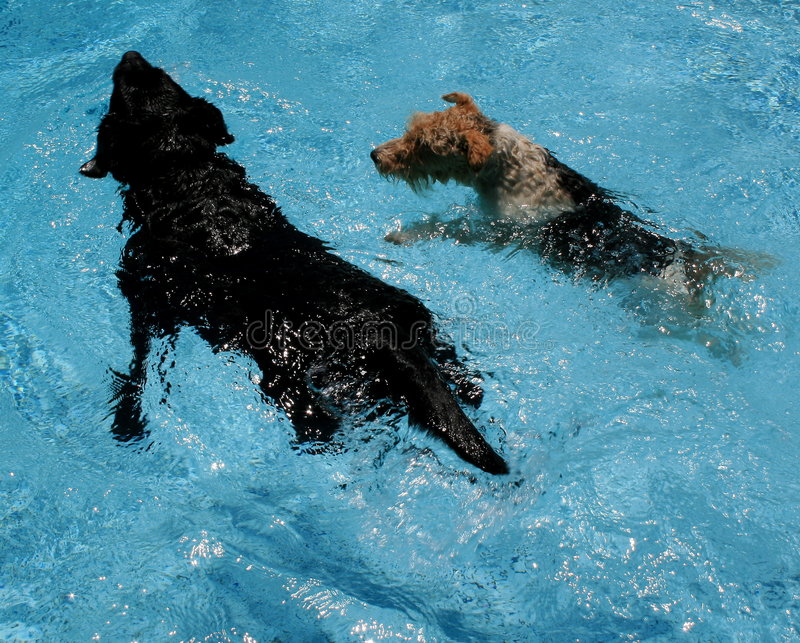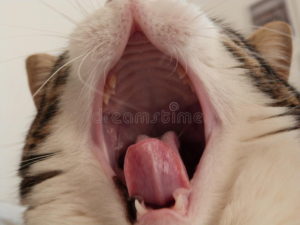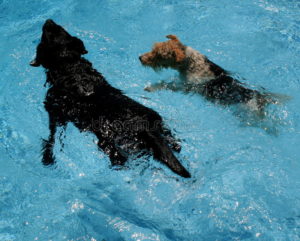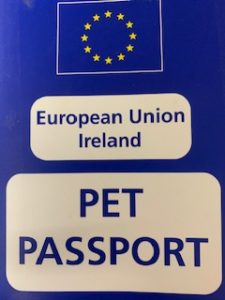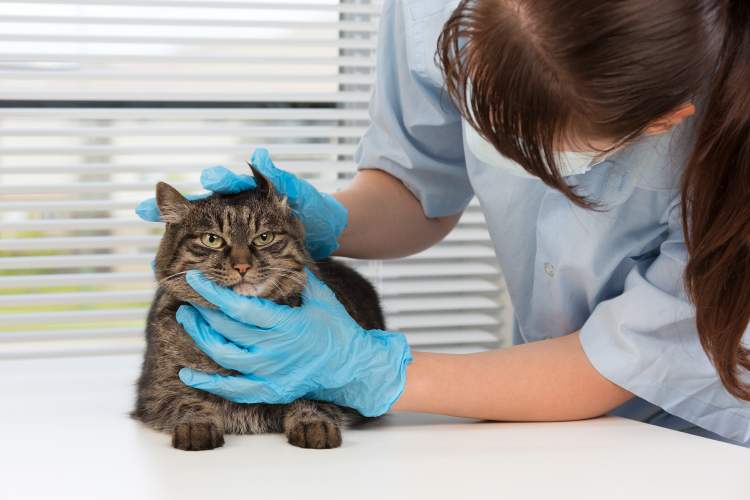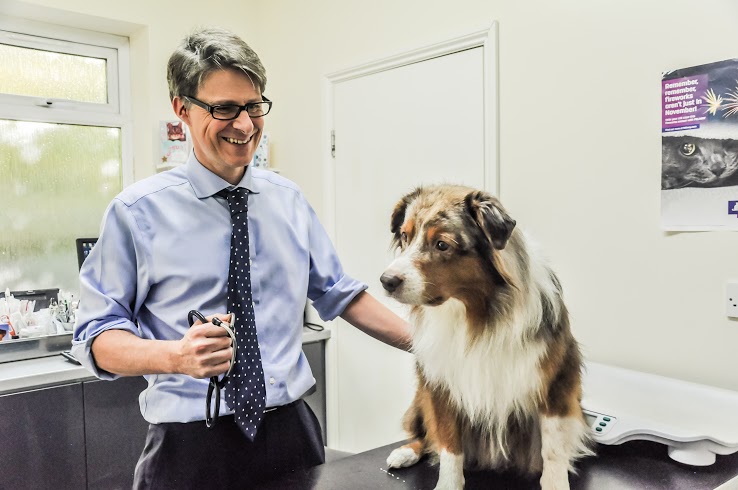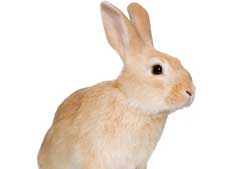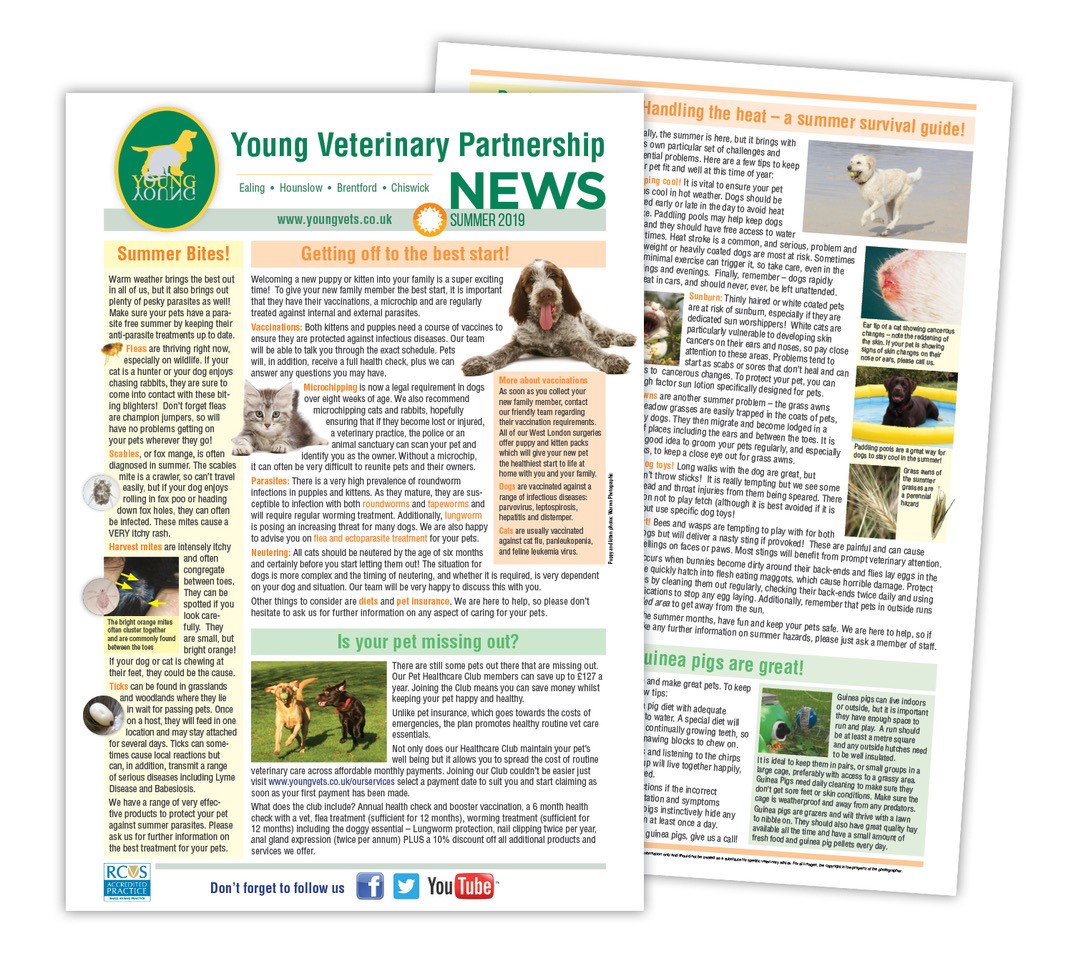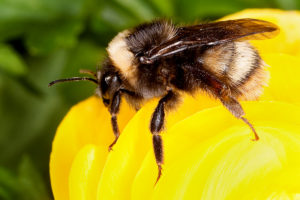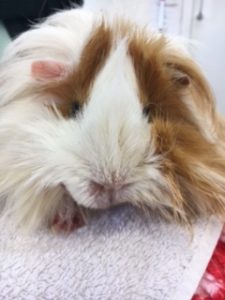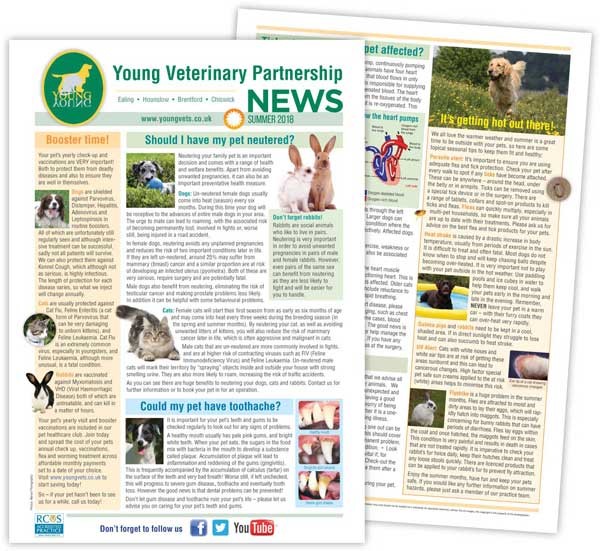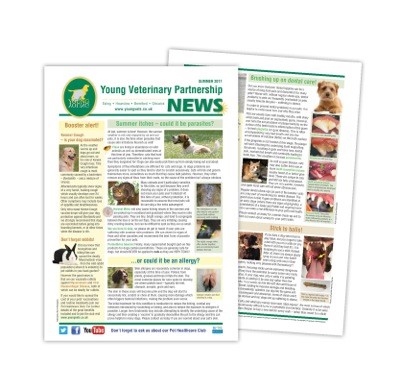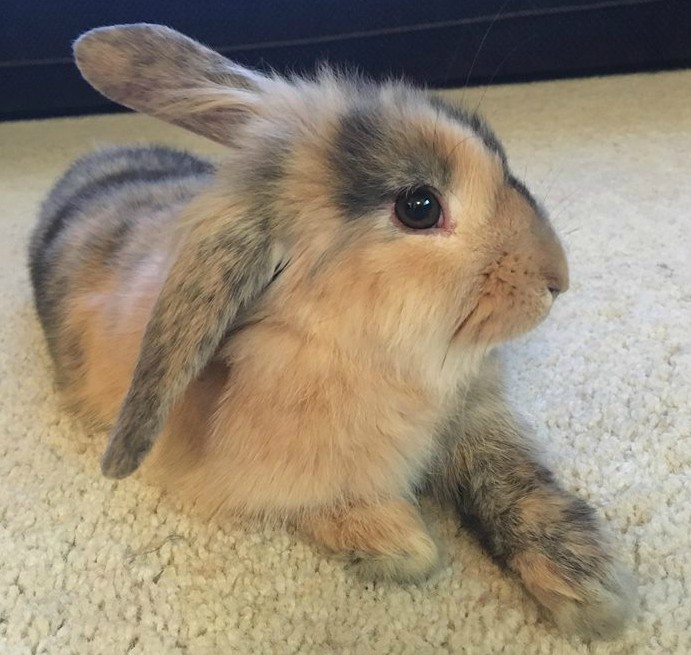Allergies, Itching and parasites.
Allergies, Itching and parasites. As the weather improves, have you noticed your pet becoming more itchy? If your pet is showing signs of a skin problem, have a read through our Summer Pet Blog, it looks at the possible causes of seasonal itching.
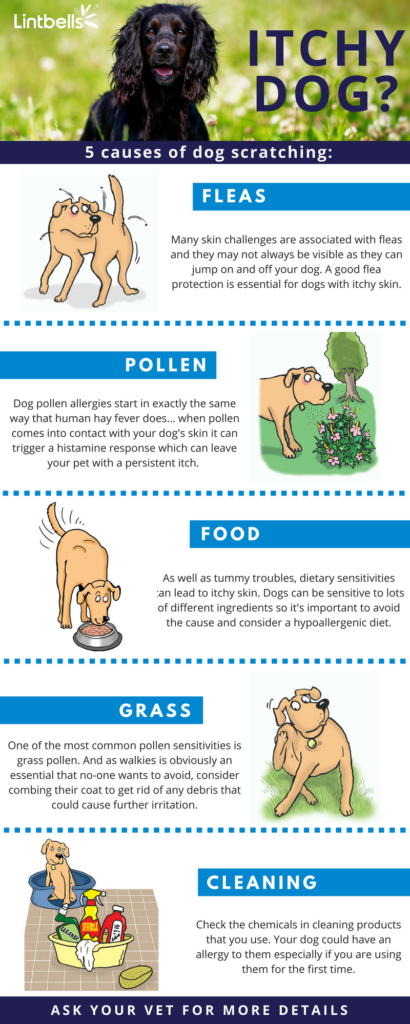
Female Cats
will start their first season from as young as four months of age, usually in the Spring or Summer months. Besides preventing unwanted pregnancies, there are many other benefits to neutering your male and female pets, read Our Summer Pet Blog here to understand the benefits of neutering your pet.
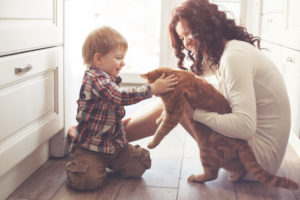
Don’t get caught out by Kennel Cough!
Our Summer Pet Blog explains how your dog can contract this highly contagious cough, the signs to watch out for and how to reduce the risk for your dog.

Also featured – Summertime at last! Summer safety tips for your cat, dog and small furries. Rabbits; Just like other pets, rabbits benefit from regular vaccinations and health checks to keep them in tip top condition.
We hope you enjoy reading our Summer News Blog, don’t forget to keep your pets cool this summer. If you have a question on any of the articles mentioned please do not hesitate to contact our friendly team for further help and advice.
We are passionate about pets and will treat your pet with the respect they deserve. Our Brentford surgery is led by Dr Charlotte Attwood MRCVS. We have onsite parking for your convenience and a wide range of services available to help you care for your pet.



